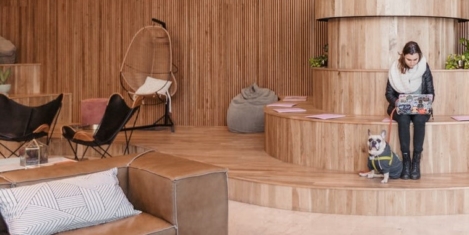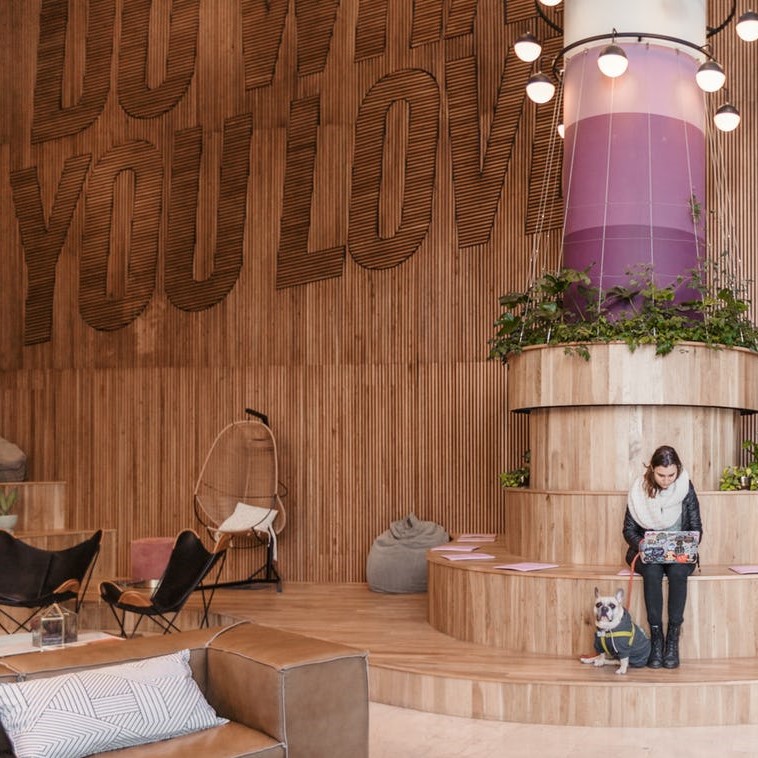August 30, 2023
Commercial Interiors UK appoints new managing director
 Commercial Interiors UK (CIUK), the Trade Association for the UK’s Commercial Interiors Sector has appointed Sean Holt as its new Managing Director. As the new Managing Director, Sean will be responsible for leading a dedicated team to deliver the revised strategy of CIUK following its recent re branding from BCFA, improving member engagement and benefits, increasing membership and growing the CIUK events portfolio whilst working closely with its media partner Design Insider to build on its growing reputation as the premier online portal dedicated to commercial interior designers and architects. (more…)
Commercial Interiors UK (CIUK), the Trade Association for the UK’s Commercial Interiors Sector has appointed Sean Holt as its new Managing Director. As the new Managing Director, Sean will be responsible for leading a dedicated team to deliver the revised strategy of CIUK following its recent re branding from BCFA, improving member engagement and benefits, increasing membership and growing the CIUK events portfolio whilst working closely with its media partner Design Insider to build on its growing reputation as the premier online portal dedicated to commercial interior designers and architects. (more…)


































September 5, 2023
Working from home won’t last forever… will it?
by Zain Ali • Comment, Flexible working, Technology